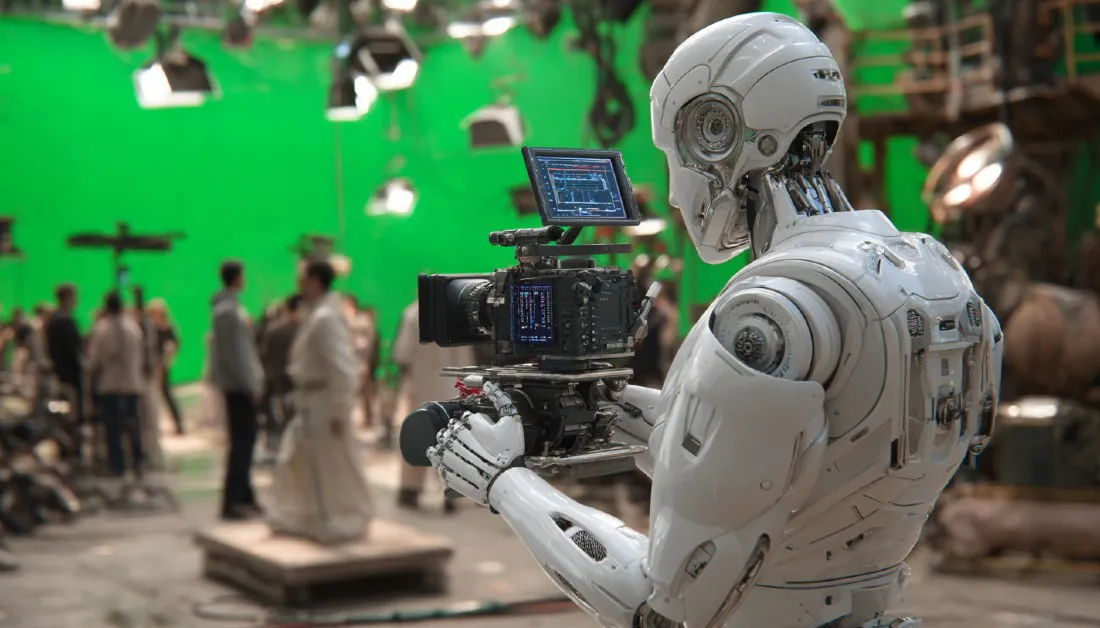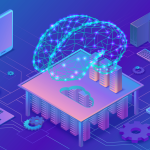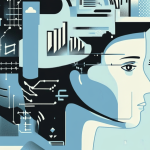Introduction
The entertainment industry is undergoing one of the most significant transformations in its history. Artificial intelligence, automation, and advanced analytics are reshaping how content is created, distributed, and consumed across the globe.
From scriptwriting to digital streaming, AI is not just a tool but a creative partner. Hollywood studios, streaming giants, and global media houses are racing to integrate machine intelligence into their workflows, redefining storytelling itself.
AI in Film Production and Scriptwriting
AI tools are now being used to analyze story structures, predict audience preferences, and even assist writers in crafting dialogue or plotlines. Studios leverage algorithms to determine what kind of movies are most likely to succeed at the box office, blending art with data science.
While these innovations enhance efficiency and creativity, they also raise ethical concerns about originality and authorship. Critics argue that relying too heavily on algorithms could homogenize storytelling, reducing the diversity of ideas that make cinema vibrant.
Streaming Services and Predictive Viewing
Streaming platforms like Netflix, Disney+, and Amazon Prime rely on machine learning to recommend shows tailored to each viewer. These predictive models track watch time, genre preference, and behavioral patterns, creating a personalized media experience.
However, this personalization has a downside. It often confines audiences to algorithmic bubbles where exposure to new genres or perspectives is limited, subtly shaping cultural consumption on a global scale.
Celebrity Endorsements and Virtual Influencers
AI is also transforming celebrity culture. Virtual influencers—computer-generated personalities with massive online followings—are collaborating with real-world brands and even attending digital red carpets.
This evolution blurs the line between reality and simulation. As synthetic celebrities become more lifelike, questions arise about authenticity, influence, and the future of fame itself in an AI-driven society.
The Role of AI in Music Creation
Musicians and producers are increasingly experimenting with AI to compose, mix, and master songs. Tools like Amper Music and AIVA allow creators to generate melodies or harmonies based on mood or genre input.
While some embrace this technology as a creative assistant, others fear it might dilute the human emotion that defines art. The challenge lies in using AI as inspiration rather than replacement, preserving the soul behind every sound.
Global Media Politics and Algorithmic Control
Beyond entertainment, AI has major implications for political media and public discourse. Governments and corporations can influence narratives by controlling algorithms that determine what people see and read.
This algorithmic dominance raises serious concerns about bias, propaganda, and freedom of information. As digital media becomes the primary source of news, ensuring transparency and accountability in AI systems has become a global priority.
Cinema and Sustainability: The Green Tech Movement
Film studios are embracing sustainability through green technology, reducing carbon footprints during production. AI-driven resource management tools help optimize power usage, travel logistics, and set design to minimize waste.
The entertainment industry’s commitment to eco-conscious filmmaking is setting a new global standard, proving that innovation can coexist with environmental responsibility.
FAQs
How is AI being used in Hollywood?
AI assists in writing scripts, analyzing audience data, enhancing visual effects, and predicting box office success.
What are virtual influencers?
They are computer-generated digital personalities that engage audiences and endorse brands, often rivaling real celebrities in popularity.
Can AI replace musicians or writers?
AI can assist with creative tasks but lacks emotional depth; it works best as a tool rather than a replacement for human creativity.
How do streaming services use AI?
They use data analytics and machine learning to personalize content recommendations for individual viewers.
Is AI making entertainment less diverse?
There is concern that reliance on data-driven insights could lead to repetitive, formulaic content that limits creative variety.
Conclusion
Artificial intelligence has become an inseparable part of global entertainment, merging data with imagination to redefine creativity. The film, music, and media industries now operate in a space where human intuition meets machine intelligence.
As technology continues to evolve, the challenge will be preserving authenticity and artistic expression in a world driven by algorithms. The future of entertainment lies not in replacing creators, but in amplifying their vision through the responsible use of AI.







